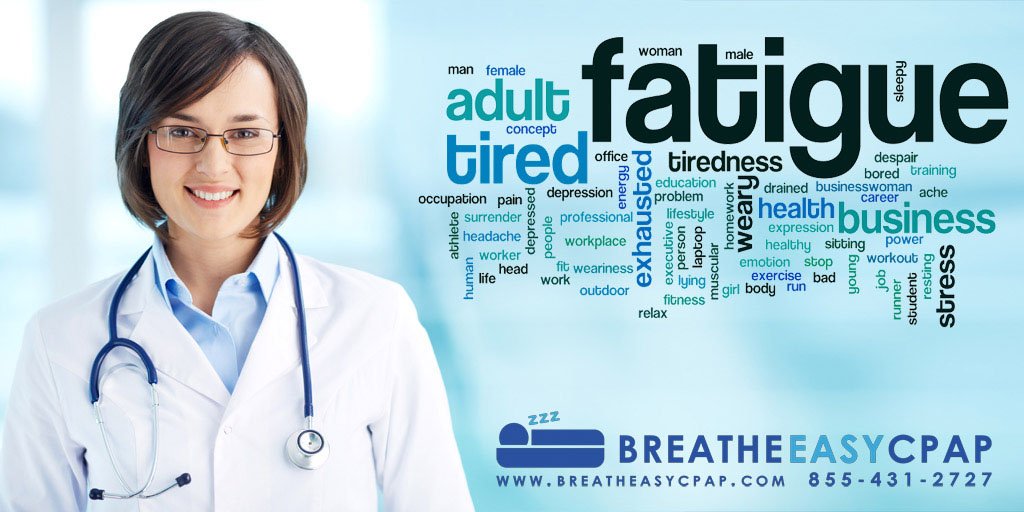Snoring is one of the most common symptoms of sleep apnea, a disorder where breathing stops for several seconds or even a few minutes throughout the night. If you’re snoring or having any other of the symptoms related to sleep apnea such as morning headaches, dry mouth, or daytime sleepiness, you may be tempted to treat yourself at home. Some people try buying a continuous positive airway pressure machine without a prescription, but if you’re considering this step, be careful. Sleep apnea is a serious condition requiring medical observation. Treating yourself is not recommended by trustworthy CPAP suppliers or medical professionals.
Sleep Studies Determine Your Treatment Needs
The biggest risk taken by investing in a CPAP machine without a prescription is the likely possibility that your treatment simply won’t be effective. To determine the appropriate treatment, a doctor will normally have you undergo a sleep study. This process discovers the CPAP machine setting required to keep the your individual airway open. Without undergoing diagnostics, you cannot know for certain that you’re properly treating your sleep apnea. Poorly treated sleep apnea places you at an increased risk for serious adverse health conditions like kidney disease, diabetes, or stroke, and investing in a CPAP system before medical evaluation can be dangerous.
Monitor Your Treatment
On top of ensuring that your CPAP therapy is at the appropriate pressure setting, a physician will also monitor your sleep apnea’s progress throughout treatment. Occasionally, your health care practitioner may ask that you raise or lower the forced air delivered through your sleep apnea tubing in order to maintain an open windpipe.
Your doctor will also screen your sleep apnea therapy for adverse effects. Most CPAP masks cause irritation with first use, especially when not fitted properly. Continuous irritation is frustrating and may make you discontinue therapy, something both you and your physician must work together to avoid.
Other side effects of CPAP therapy include bloating, eye and nasal infections due to frequent drying, and TM joint problems. If you’re suffering from obstructive sleep apnea, your doctor will also need to monitor you for the development of central sleep apnea. Although rare, the development of central sleep apnea occurs when your brain gets confused by your unusually open airway and stops sending messages to your lungs telling them to breath.
Sleep Studies Make for Better Treatment
If you’re concerned that you may have sleep apnea, make an appointment with your health care practitioner. First they’ll ask you several screening questions to evaluate your risk. They’ll ask whether or not you smoke, drink alcohol, or take certain medications. They’ll also factor in your weight and age. When your physician determines that you’re at risk, they’ll most likely enroll you in a sleep study. These studies are painless diagnostic tests that keep tabs on your breathing, pulse, and oxygen levels while you sleep. Sleep studies, or polysomnography, are considered the gold standard for diagnosing sleep apnea.
If you’re diagnosed with sleep apnea, a physician will likely prescribe you with CPAP therapy and encourage you to start treatment as soon as possible. Visit a reliable CPAP machine and sleep apnea mask supply store like Breatheeasycpap.com. The medical professionals on staff are available by phone to discuss your personal CPAP machine options and style preferences. With your health care team, an excellent CPAP supply store, and your personal commitment to treatment, your sleep apnea doesn’t stand a chance.

